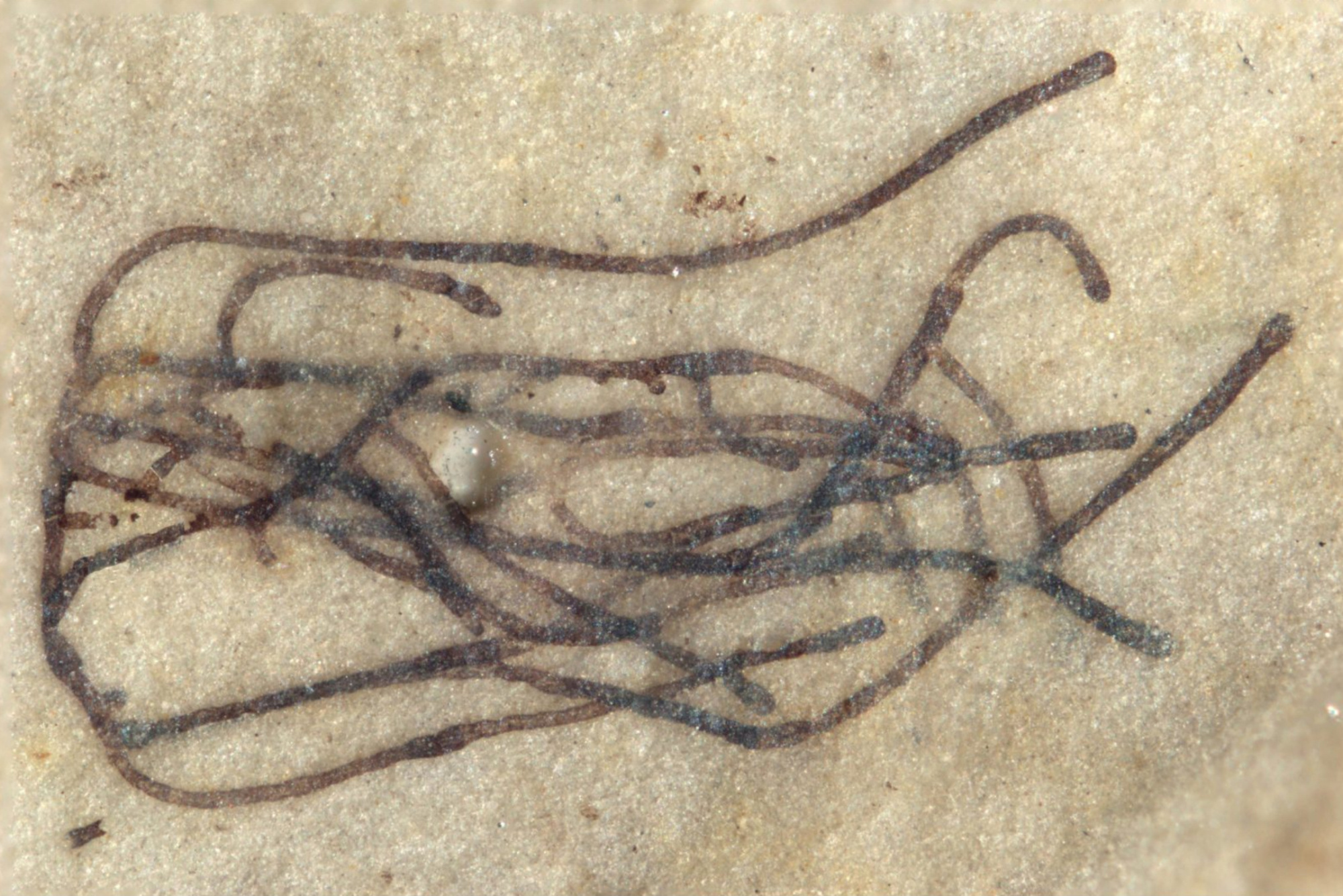Scientists have spotted in rocks from northern China what may be the oldest fossils of a green plant ever found, tiny seaweed that carpeted areas of the seafloor roughly a billion years ago and were part of a primordial revolution among life on Earth.
Researchers on Monday said the plant, called Proterocladus antiquus, was about the size of a rice grain and boasted numerous thin branches, thriving in shallow water while attached to the seafloor with a root-like structure.
It may seem small, but Proterocladus — a form of green algae — was one of the largest organisms of its time, sharing the seas mainly with bacteria and other microbes. It engaged in photosynthesis, transforming energy from sunlight into chemical energy and producing oxygen.

















With your current subscription plan you can comment on stories. However, before writing your first comment, please create a display name in the Profile section of your subscriber account page.